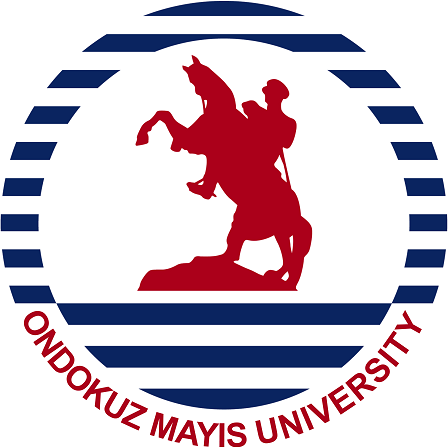Computer Engineering (Undergraduate) Program Outcomes
- Ability to take responsibility as an individual or as a member of a disciplinary or multidisciplinary team.
- Possession of the minimum theoretical and practical knowledge required in the field of Computer Engineering.
- Ability to identify, define, analyze problems in an existing system, find original solutions, and generate alternative solution methods.
- Ability to implement a developed solution to a problem using at least one programming language, employing the most appropriate features of the language within acceptable performance limits.
- Knowledge of entrepreneurship and innovation concepts; ability to create business plans and effectively use project management tools.
- Awareness of options outside one’s own knowledge, skills, and competencies; ability to question and evaluate choices when necessary, and to use information resources effectively and rationally.
- Ability to communicate effectively in written and oral form, and to prepare technical reports, documentation, and presentations.
- Ability to contribute to social activities and projects with an engineering perspective, take part in these activities, and develop solution approaches.
- Possession of foreign language proficiency sufficient for professional development.
- Knowledge of occupational health and safety concepts; awareness of professional ethics, and social and cultural values.
Computer Engineering (Master’s) Program Outcomes
- Acquisition of graduate-level academic knowledge and skills in the field of Computer Engineering.
- Ability to conduct a disciplinary or interdisciplinary research project with defined scope and objectives using academic competencies; perform literature review, propose methods, and interpret the obtained results.
- Possession of methodological knowledge required to carry out an academic research or project; ability to take initiative and manage processes when necessary.
- Ability to follow scientific literature and improve oneself in light of newly acquired knowledge.
- Ability to express scientific knowledge through seminars, presentations, theses, reports, and articles effectively in written and oral form; ability to communicate in at least one foreign language.
- Ability to conduct disciplinary or multidisciplinary work while observing societal, environmental, and ethical values within an academic framework; ability to express findings and defend scientific arguments.
